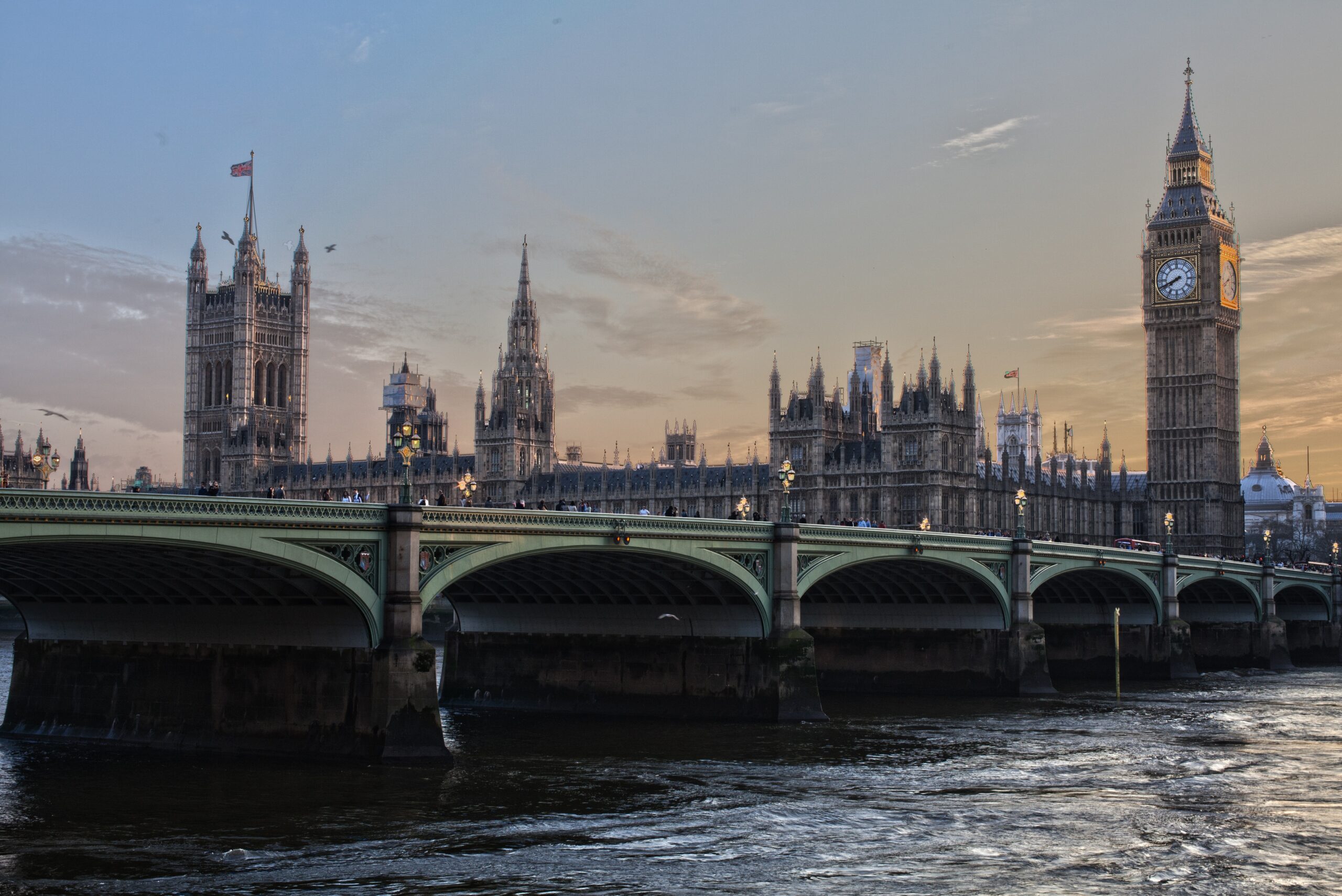Why are politics, policy and university admissions so intertwined?
With A-level results day approaching, Alistair Jarvis, Pro Vice-Chancellor Partnerships and Governance, University of London, discusses the connection between politics, policy and admissions.

Stories about university admissions are never far from newspaper front pages. From A-level results day, to debates about how many people should be going to university, to interest in subject choices, to access and diversity, to fairness in the admissions system – these are issues on which politicians, the media and the public have a view – and these are contested issues where there are a diversity of strong opinions.
Admissions issues are of political, public and media interest. University admissions are subject to so much media and political debate because of their impact on or link to many other important and prominent issues. University admissions have an impact on meeting the skills needs of the economy and employers. The percentage of the population gaining a degree has an impact on productivity and economic growth.
The number of international students attending university has an impact on immigration numbers. Challenging society-wide equality and diversity issues are prominent in university admissions. Questions about the value of a university degree are linked to the increased numbers of people attending university. Schools policy and performance and admissions policy are strongly linked. There is a leveling up angle to university admissions, given the huge variability in university participation across different localities.
Politics, policy and admissions are very much intertwined. Public, media and political opinions have an impact on future policy, funding, regulation and the overall reputation of universities.
We can expect that university admissions and access will remain a hot political issue for the foreseeable future. It is likely that these issues will be ever more prominent in the years ahead as demand for higher education increasingly outstrips the supply of places. UCAS projects that by 2030, there could be up to 30 per cent more applicants to universities. Either this means fierce competition for places, with many applicants missing out, or it requires a huge growth of supply either by significant expansion of current higher education institutions or by opening new universities. Even with some expansion of distance digital learning and apprenticeships, demand will increasingly outstrip supply.
If we are to see a Labour government, post a 2024 General Election, we can expect a reinvigorated focus on access to HE – a greater focus on improving access for under-represented groups and geographical inequality. A Labour government may want to examine how the admissions system can best support and encourage students for disadvantaged backgrounds. The PQA debate may come around again.
How should universities respond to the political interest in admissions?
It is not surprising or unreasonable in an era of around 50 per cent participation in higher education that universities are under intense scrutiny from the media, from regulators, and from politicians. Universities are large, prominent, and (relatively) wealthy – de facto newsworthy institutions. They are major employers and influential players in communities. Therefore, they should expect challenge and public scrutiny of practices, policies, and processes. On admissions, universities need to be able to explain or justify decisions – and demonstrate robust processes.
As major institutions of public interest, with significant support from public funding – through student loans and research funding – it is also legitimate for politicians to raise concerns with universities. As a university sector, we need to understand these concerns and address them.
In some cases this may mean being assertive in defence of the sector’s values – but in others it will mean paying close attention to the public and political views on issues. While some of the media and political attack on universities is poorly informed and lacking in nuance, it also often includes elements of fair criticism. I don’t think that we can or should ignore concerns. It is legitimate for politicians, policy makers, regulators and media to raise concerns which are likely also concerns shared by some students and parents. If concerns and criticism are unaddressed, these perceptions could have an impact on policy, on funding, on regulation and reputation of universities.
Universities shouldn’t be resistant to change. Working to simply preserve the status quo won’t work – universities and UCAS need to innovate, change, and come up with new ideas to meet the financial, political, international, and educational challenges ahead. This doesn’t mean simply accepting misguided instructions from the government. Rather we should consider how reforms can improve what we do for students and address issues of concern. Sector-led reforms, evolution and innovation will help us navigate political and strategic challenges. Despite the competitive environment, we shouldn’t forget the value of collaboration – many of the greatest challenges for the sector will be overcome by sharing ideas, co-developing solutions and working together, in the interests of students.
There are ways in which universities need to evolve, reform and improve. Universities also need to influence the policy debate in the years ahead, be politically savvy in doing this and be prepared to continue to adapt to seize opportunities and navigate challenges.
Related Blogs


